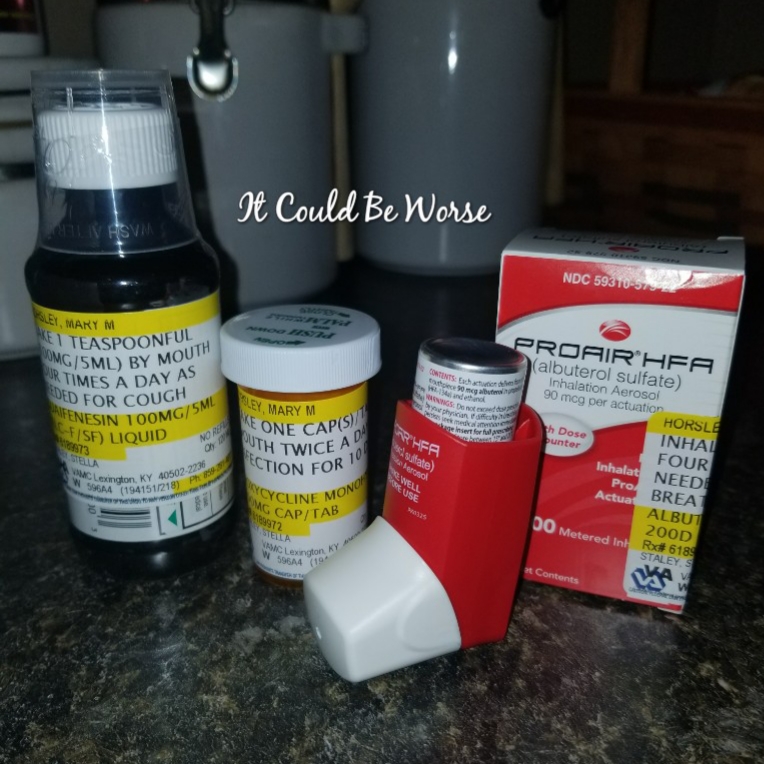When the winter months come, so do the family celebrations, the chilly weather, the colds, the stomach bugs, sickness, and the flu.
Non-IBD people and IBD patients alike are prone to these infections, but IBD patients have a slightly higher risk.
Most IBD patients are taking some form of medication to manage their Crohn’s disease or ulcerative colitis. Some medications, such as Imuran, methotrexate, Remicade, and Humira are considered immunosuppressants, which means they stop your immune system from working properly and from preventing inflammation within the body.
While the common cold may last a few days, for patients with Crohn’s disease or otherwise weakened immune systems, it can last weeks and lead to a flare-up of IBD symptoms.
If you do get sick, speaking with your primary care doctor and gastroenterologist can be helpful in managing and preventing further infection or inflammation.
Your primary care doctor likely will ask for a blood test to check inflammation levels, perform a physical, look at your throat, and listen to your chest. Depending on what ails you, the doctor will prescribe medication after looking at your current medication list.
Since NSAIDs are a big no-no and can cause increase inflammation and ulcer damage, aspirin and ibuprofen should not be taken. Cough medicine and antibiotics to treat infections often are the go-to solution. Depending on your IBD, some antibiotics may irritate your symptoms. Discussing any medication changes with your IBD healthcare team is important before starting any new medicines.
I know the cold season caught up with me this past week, bringing a stuffy and runny nose that feels like I got punched in the face, along with watery eyes, a low-grade fever, and body chills. My doctor prescribed me doxycycline antibiotics and some cough medicine, as well as an Albuterol inhaler for my cough and wheeze. I was told to monitor my symptoms and fever and to visit the ER if symptoms continue.
Take precautions to avoid infections, wash your hands, and wear a face mask when visiting your doctor’s office or hospital. Make sure you dress appropriately for the weather and avoid those who are already sick.
For me, it could be worse.
***
Note: IBD News Today is strictly a news and information website about the disease. It does not provide medical advice, diagnosis, or treatment. This content is not intended to be a substitute for professional medical advice, diagnosis, or treatment. Always seek the advice of your physician or other qualified health providers with any questions you may have regarding a medical condition. Never disregard professional medical advice or delay in seeking it because of something you have read on this website. The opinions expressed in this column are not those of IBD News Today or its parent company, BioNews Services, and are intended to spark discussion about issues pertaining to inflammatory bowel disease.



